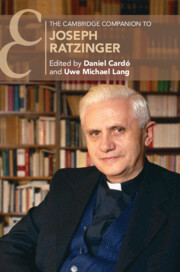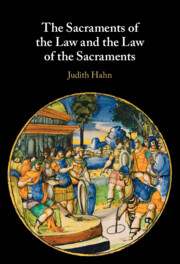Anglicanism's relationship with its Reformation heritage represents a tension. It looks to the Reformation as the movement from which an English Church, independent of papal authority, was inaugurated. At the same time, it refuses to be labelled as a “church of the Reformation”, pointing to its continuity with a much longer history of Christian practice in Britain. The growth of the Anglican Communion and current controversies over church order, the interpretation of scripture and the exercise of authority make Anglican identity difficult to define. Identity would once have been sought in liturgy, but the view that liturgy completely enshrines Anglican doctrine has been convincingly put to rest by scholarship since the 1970s. This paper argues that the liturgical legacy of the Reformation (especially use of the vernacular, concern for the orderly reading and interpretation of scripture, and attention given to the sacraments of baptism and the Eucharist) offers categories that can help to form possible approaches to the current crisis of Anglican identity.

